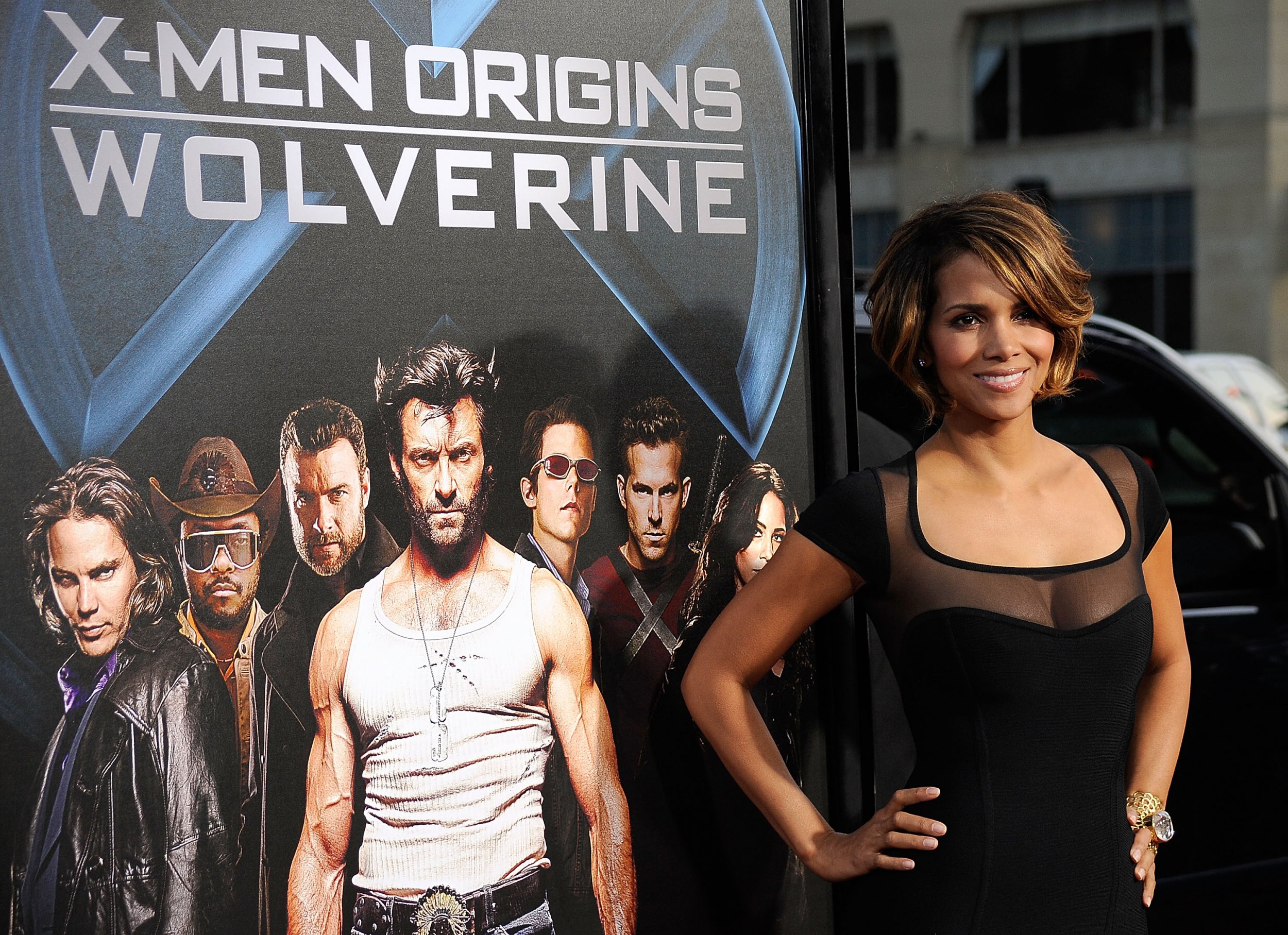
The Chernobyl radiation disaster set Janina Scarlet apart from her peers. However, the very same mutation that caused her to be bullied, set her on a path to become a psychologist and help others, thanks to the X-Men films.
An accident at the Chernobyl Nuclear Power Plant, located in present-day Ukraine, exposed over 100,000 people to high levels of radiation. On Monday, about a week after the 33rd anniversary, HBO will release its latest drama Chernobyl, which chronicles the aftermath of the disaster. Scarlet, who knows the positive impact entertainment can have, said, if told truthfully, the fictionalized re-telling has the ability to be healing.
Just shy of her third birthday at the time, the radiation destroyed Scarlet's immune system. A cold meant a trip to the hospital and nose bleeds, which she had frequently, wouldn't clot. When her family moved to the United States as refugees, she was in middle school and an easy target for bullies.
She was different, she felt like "some kind of mutant" and had very few, if any, friends she could relate to. One day, though, her life, which felt isolating, gave way to a powerful feeling: she not only belonged, but her differences made her powerful.
"When I saw the first X-Men movie it changed my life," Scarlet told Newsweek. "I was able to see that being different was actually being special and that the X-Men are all mutants. They were able to use their mutations, their differences to help other people."
Seeing people, albeit fictional ones, using their painful experiences to help others, drew Scarlet to psychology courses in high school, earning her Ph.D. and becoming a psychologist. The X-Men franchise not only helped Scarlet, but the use of origin stories has helped the people she works with as well. A concept she outlined in her new book, Therapy Quest.
While working with active duty Marines with Post-Traumatic Stress Disorder, who she called the "some of the most courageous, most incredible people," she found they had difficulty talking about their trauma and naming their emotions. In describing the traumatic origin stories of fictional characters like Batman and the Hulk, they discussed that experiencing loss, devastation or trauma didn't make them any less of a superhero.
"So, we were able to essentially de-stigmatize mental health and create a safer environment for these individuals to talk about what happened to them," Scarlet said.
She uses this way of describing traumatic experiences with many of the people she works with and noted that many origin stories include an excruciating or painful experience that, at a particular time, seemed unbearable.
"But, a lot of times, these stories are just the beginning of our journey and we make choices to decide how we continue our heroic quest," Scarlet explained. "Perhaps by using our painful background, we might be able to better understand and empathize with other people, who also endured something like that, potentially becoming a mentor."
While all of the X-Men are super within their own right, the fictional character of Storm had a particular impact on Scarlet. As a child, an airplane hit Storm's house, killing her parents. It was a few days before the young Ororo Munroe, Storm's real name, was able to crawl out of the rubble. Her traumatic experience prompted her to develop claustrophobia, a fear of tight spaces.
"But, as an adult even when she's really anxious, she over time learns to understand and manage her anxiety by helping other people," Scarlet said. "She became the symbol of growth, of empowerment and she's someone that I really look up to."
Along with Storm's ability to not allow her trauma to dominate her life, Scarlet related to her on a second, deeply personal level. Weather was the center of their worlds, albeit in different forms.
"Storm is someone who can control the weather and for me, to this day the weather controls me and I felt like we had a connection in a way with both being affected by the weather," Scarlet said.
Over 30 years after the disaster, Scarlet still experiences the effects of being exposed to radiation. Every anniversary is emotionally triggering and changes in weather prompt severe migraines that can lead to seizures.
With the release of the HBO show, Scarlet said she hopes people understand the Chernobyl disaster affects people, like her, to this day, both physically and emotionally.
Uncommon Knowledge
Newsweek is committed to challenging conventional wisdom and finding connections in the search for common ground.
Newsweek is committed to challenging conventional wisdom and finding connections in the search for common ground.
About the writer
Jenni Fink is a senior editor at Newsweek, based in New York. She leads the National News team, reporting on ... Read more
To read how Newsweek uses AI as a newsroom tool, Click here.








